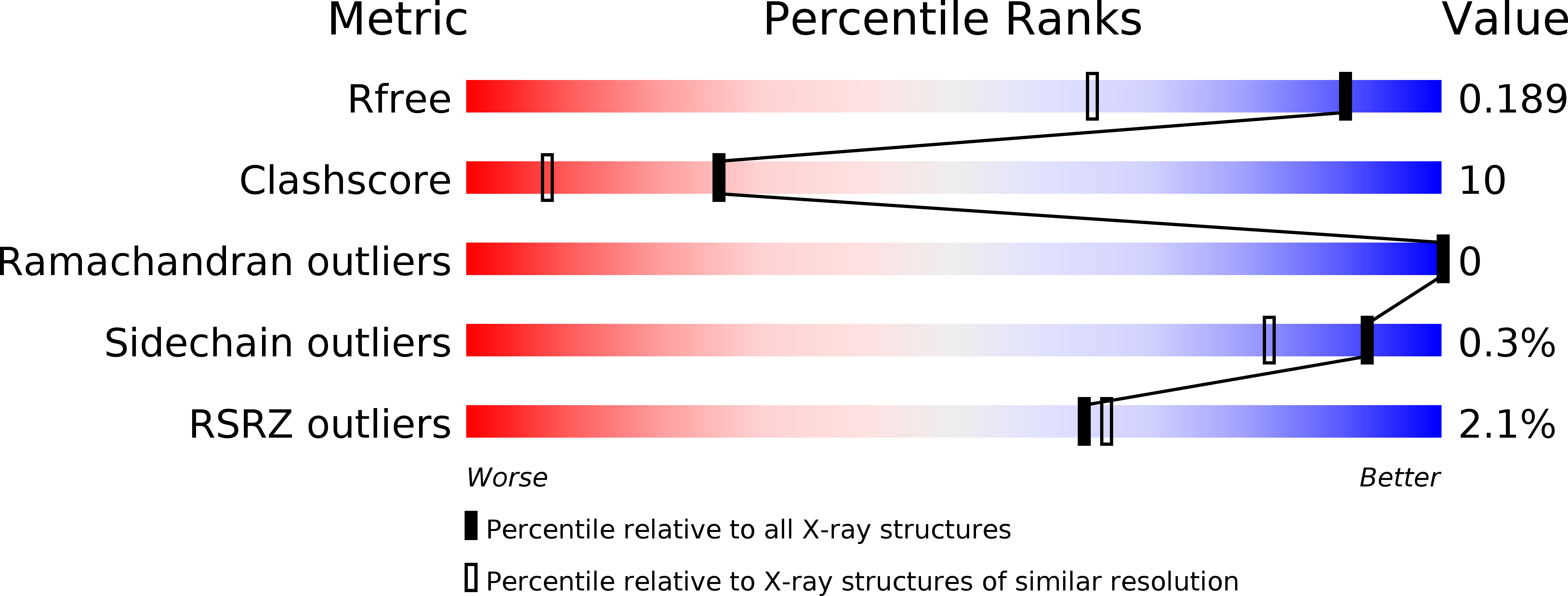
Deposition Date
2014-07-30
Release Date
2014-12-24
Last Version Date
2024-11-06
Entry Detail
PDB ID:
4U6Y
Keywords:
Title:
Crystal Structure of HLA-A*0201 in complex with FLNDK, a 15 mer self-peptide
Biological Source:
Source Organism(s):
Homo sapiens (Taxon ID: 9606)
synthetic construct (Taxon ID: 32630)
synthetic construct (Taxon ID: 32630)
Expression System(s):
Method Details:
Experimental Method:
Resolution:
1.47 Å
R-Value Free:
0.18
R-Value Work:
0.14
R-Value Observed:
0.15
Space Group:
P 1 21 1


